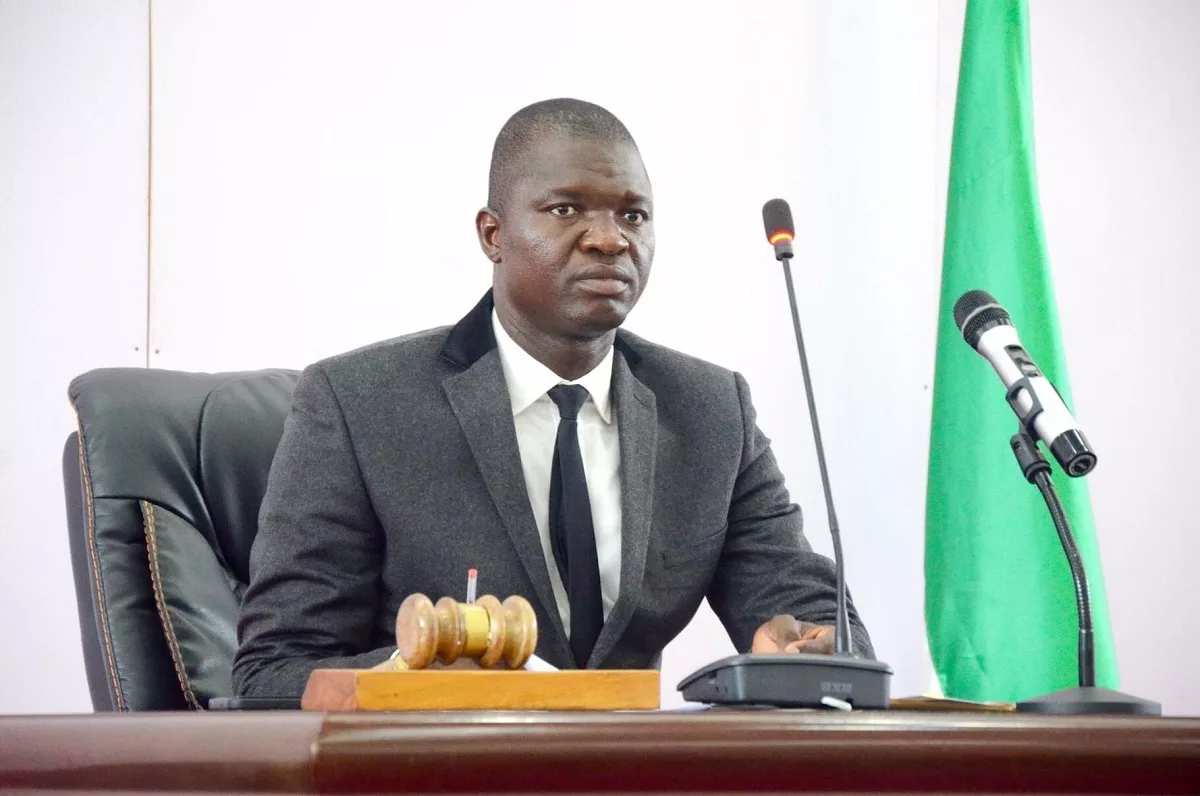The financial autonomy recently granted to local governments in Nigeria is facing a fresh obstacle in Anambra State as the State Governor, Charles Soludo, has introduced a new bill which seeks to compel local governments in the state to remit a portion of their federal allocations into a consolidated account to be controlled by the state government.
The bill, titled “Anambra Local Government Administration Law 2024,” was submitted to the Anambra State House of Assembly on Tuesday.
Daily Trust reported that Henry Mbachu, a member of the Anambra House of Assembly, disclosed this on Tuesday to reporters in Awka.
Mr Mbachu (Awka South I – Labour Party), urged the governor to withdraw the bill.
He argued that if passed into law, the bill would allow the Anambra State Government to share in funds meant for local government councils.
The lawmaker stressed that the situation would undermine the financial independence of local governments in the state.
He warned that the proposed deductions would restrict local government’s ability to independently manage their funds.
Nigerians need credible journalism. Help us report it.
Support journalism driven by facts, created by Nigerians for Nigerians. Our thorough, researched reporting relies on the support of readers like you.
Help us maintain free and accessible news for all with a small donation.
Every contribution guarantees that we can keep delivering important stories —no paywalls, just quality journalism.
Mr Mbachu called on President Bola Tinubu to monitor governors who might want to compel elected chairpersons to divert funds to the state government.
Another opposition
Similarly, members of the Labour Party (LP) Caucus in the Anambra House of Assembly have opposed the bill.
On Tuesday, the leader of the caucus, Jude Umennajiego (Onitsha South 2), spoke on behalf of his colleagues and said they had rejected the bill.
“We equivocally stand with the overwhelming majority of Anambra people in upholding the constitution and the Supreme Court decision,” he said.
Apart from Mr Umennajiego, other members of the caucus are Patrick Okafor (Onitsha North 2), Paul Oby (Orumba North), Nkechi Ogbuefi (Anaocha 1), Fredrick Ezenwa (South 1), Kingsley Udemezue (Idemili North), Justice Azuka (Onitsha North 1) and Mr Mbachu.
What the bill says
A copy of the bill submitted by Mr Soludo was obtained by PREMIUM TIMES on Wednesday.
Section 13(1) of the bill provides that the state shall maintain a “State Joint Local Government Account,” into which all federal allocations to local governments in Anambra State must be deposited.
Section 14(3) of the bill stipulates that each local government in the state must remit a state-determined percentage to the consolidated account within two working days of receiving their allocations from the Federation Account.
Section 14(4) maintains that if the state receives the local government allocation on their behalf, it must deduct the specified percentage before disbursing the remaining funds to the local governments.
‘We acted within the law’ – Anambra govt
When contacted on Wednesday evening, the Commissioner for Information in Anambra State, Law Mefor, defended the bill.
Mr Mefor told PREMIUM TIMES that the state government acted under Section 7 of the Nigerian Constitution, which empowers the state house of assembly to make laws regulating the local government.
The commissioner argued that the section of the constitution empowers the state government to “oversee” the affairs of the local governments both in administration and finance.
He said the state government aimed to “safeguard” the finances of the local governments and “direct” council chairpersons to their responsibilities, especially for projects often carried out in collaboration with the state government.
“If we don’t do that, any of these young local government chairmen can decide to play around with what they will consider their own priorities,” Mr Mefor said.
The commissioner criticised those opposing the bill.
“They would have turned around to blame the state government when the local government administrators abandon their statutory responsibilities like payment of pensions,” he said.
Supreme Court ruling affirming LG autonomy
On 11 July, the Supreme Court, ruling on a suit brought before it by the federal government, affirmed the financial autonomy of the country’s 774 local governments.
The court held that the local governments across the country should, henceforth, receive their allocations directly from the Accountant-General of the Federation.
It ruled that it is illegal and unconstitutional for governors to receive and withhold funds allocated to local governments in their states.
The ruling empowers the federal government to withhold allocations of local governments being administered by appointed officials.
As a result, many states where local governments are being administered by caretaker committee chairpersons, recently organised local government elections.
Support PREMIUM TIMES' journalism of integrity and credibility
At Premium Times, we firmly believe in the importance of high-quality journalism. Recognizing that not everyone can afford costly news subscriptions, we are dedicated to delivering meticulously researched, fact-checked news that remains freely accessible to all.
Whether you turn to Premium Times for daily updates, in-depth investigations into pressing national issues, or entertaining trending stories, we value your readership.
It’s essential to acknowledge that news production incurs expenses, and we take pride in never placing our stories behind a prohibitive paywall.
Would you consider supporting us with a modest contribution on a monthly basis to help maintain our commitment to free, accessible news?
TEXT AD: Call Willie - +2348098788999

















 English (US) ·
English (US) ·